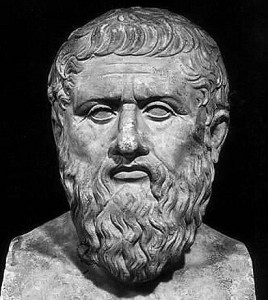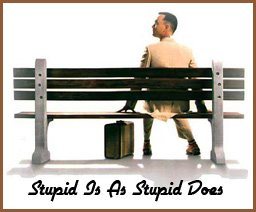This is a question I thought about from a while back. During our readings on knowledge, it seemed to me that the ancient philosophers liked to write about how they would educate their citizens in order to reach their ideal worlds, while the Enlightenment philosophers taught about how they believed the process of knowledge works without setting up definitive restrictions of how people should be controlled. For instance, Plato talks about the Myth of the Metals as a means to maintain order in The Republic while Hegel writes about the didactic method of obtaining knowledge. This makes me question as whether knowledge is a means or an ends. Is the use of false knowledge (Myth of Metals) morally corrupt if it accomplishes the goal of a peaceful city? Continue reading
-
Recent Posts
Recent Comments
- Alexia Prokopik on Hegel vs. Freud
- Moses Sghayyer on Hegel vs. Freud
- Moses Sghayyer on nature vs nurture
- Jasmine Scott on Is Rage Really Self-Destructive?
- Dinh Quoc Nguyen on Freud’s Effect on Christian View of Homosexuality and Its Implications
Categories
Archives


